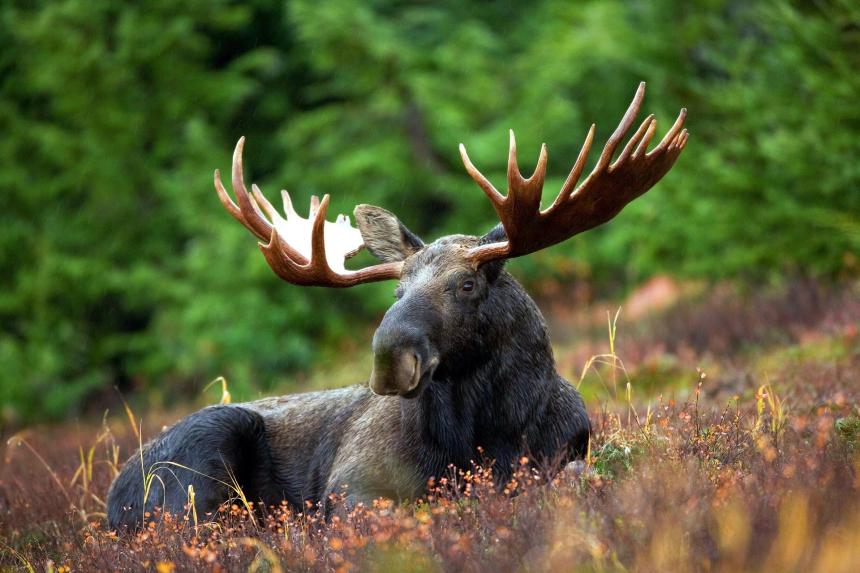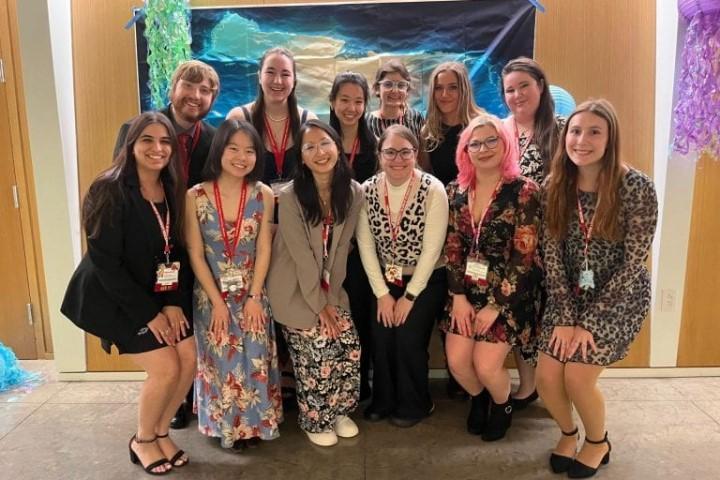In the News

Podcast
October 09, 2025
Cornell's Dr. Jeff White shares his journey from bird-loving kid to penguin expert, exploring crested penguins, conservation challenges, and why public engagement matters more than ever.

Blog
October 07, 2025
What Christine Parker-Graham, DVM, CertAqV, DACZM enjoys most about the field of veterinary medicine is the “unending potential that a DVM affords you." Parker-Graham is a graduate of UC Davis and completed a zoo, wildlife, and exotic medicine internship at Cornell...

September 25, 2025
In an ever-changing society, the roles of biologists and veterinarians remain essential in the conservation of wildlife and biodiversity more broadly....

August 29, 2025
International researchers have taken an in-depth look at three Aotearoa New Zealand crested penguin species, revealing one is thriving while others face uncertain futures.

Video
June 20, 2025
In this eCornell keynote presentation, Drs. Katie Fiorella, Sebastian Heilpern, and Eric Teplitz use case studies from rapidly emerging aquatic food sectors in Cambodia, the Amazon, and Kenya to underscore the critical importance of aquatic environments and biodiversity to our own health.

June 12, 2025
A new study, led by Cornell's Dr. Sebastian Heilpern, highlights the value of biodiversity for sustainability and nutrition.

Announcement
June 11, 2025
We are pleased to announce that our 2025-2026 call for Cornell K. Lisa Yang Postdoctoral Fellowships in Wildlife Health is now out! Applications due October 6, 2025.

June 06, 2025
For Myanmar refugees in upstate New York, fishing is more than a pastime—it's a vital link to culture, community, and well-being, as explored in a new study by Cornell's Kathryn Fiorella and colleagues.

June 04, 2025
The Special Species Symposium, hosted by the Cornell Zoo and Wildlife Society, united passionate individuals to dive into the world of zoo, wildlife, exotic, and conservation medicine.

May 15, 2025
Cornell's Sebastian Heilpern and Kathryn Fiorella provide expert insight on sustainable fish and seafood choices.
